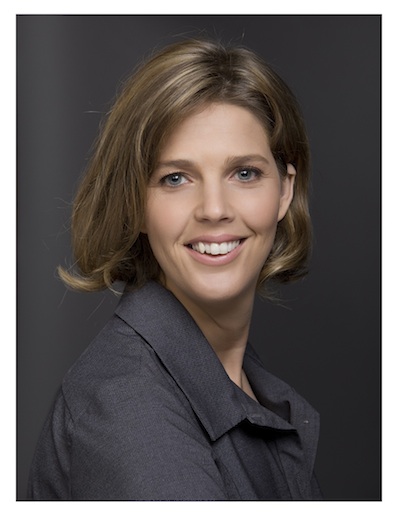By Emily K. Alhadeff, Associate Editor, JTNews
In its brief existence, Israel has made enormous strides. But the popular impression that the state is an indefatigable miracle of creation is eroding. “Will Israel exist in 50 years?” is no longer a cynical question.
“That’s my husband!” Adi Koll exclaimed. “Sometimes he says, “˜Let’s go to Iowa…They have no problems.’”
At 37, Koll is a doctor of law and the award-winning founder of University of the People, which offers free courses at Tel Aviv University. And she’s one of the 19 members of the new Yesh Atid (There’s a Future) party in the Israeli Knesset, a party populated by a diverse group of individuals new to politics.
Koll was in Seattle last week as a guest of the Israel lobbying organization J Street to introduce herself and the party’s platforms, which claim to represent the broad swath of Israel’s secular middle class.
Yesh Atid is focused on reforming Israel’s civil society, from creating a more effective government to overhauling education and jump-starting the economy.
“We want to change the way politics have been done in Israel to make it more accessible,” Koll told JTNews.
Using social media to their advantage, Yesh Atid members invite Israelis to ask questions through a website called “Your Friend in Knesset” — a new move for Israeli politicians. The party also sports Facebook and Instagram pages.
When Yair Lapid, handsome news anchor turned finance minister, launched Yesh Atid last year, he invited Koll to join — and didn’t stop inviting until she said yes. Other members of the party include Haredi, American-born Dov Lipman; Penina Tamnu-Shata, the first Ethiopian-Israeli woman in the Knesset; and Mickey Levi, chief of police in Jerusalem during the second intifada. Others members are social activists, journalists, former military figures, and immigrants.
“We all came from the outside, and we all felt the need to make a difference, and we all decided that we want to do it from within,” Koll said.
As far as the hot-button issues in the American Jewish community, namely the conflict with the Palestinians and the religious-secular divide, “I’ll start with the easier one,” said Koll.
Koll has been working with Haredim to understand their world better, and to bring them into the fold.
“There are 26-year-old kids who have, like, $100,000 debt, and they have no way to cover it,” she said. And “working is not part of their tradition.”
She believes army or civil service, the shared experience among Israeli youth, will help close the gap.
“After the army, you work,” she said. “This is the main issue: Educating people to work and to support themselves.”
Americans should understand that the cost of living is the biggest concern to the majority of Israelis, Koll said, as opposed to the Iran threat or the “matzav,” the conflict.
“No one cares and no one talks about the matzav anymore. I think you talk about it more than us,” she said. “I’ve been here for four days meeting a lot of Jews that are involved in J Street especially, and they’re talking about Oslo agreements…. People in Israel don’t have a clue what the Oslo agreement is about.
“This is what Yesh Atid came to talk about,” she continued. “We can’t ignore it anymore if we want Israel’s future to be secured as a…democratic Jewish state.”
Additionally, the longer liberal, democratic ideals flourish among young Israelis, the sooner they’ll feel Israel is not their home, Koll explained. She cites the stagnated political process and Orthodox control as factors driving Israelis to other lands.
“This is a real threat,” she said. “The answer too often is that we shouldn’t be here. Yesh Atid comes to say that we have to be here, but we have to change.”
The problems are personal for Koll, who got married in the U.S. to avoid the rabbinic establishment. She would like to start a family, but is not religious enough to be approved to adopt and raise a Jewish baby, who would likely have to go through an Orthodox conversion first.
“These are things that bother people,” she said. “They don’t want to live in a country like that.”
Koll hopes Judaism can be a bridge between democracy and security, and that a new, pluralistic Jewish voice will emerge.
“I think protecting the fact that it’s a Jewish democratic country is something we need to do with all the forces that we have,” she said. “This is why I’m there.”
